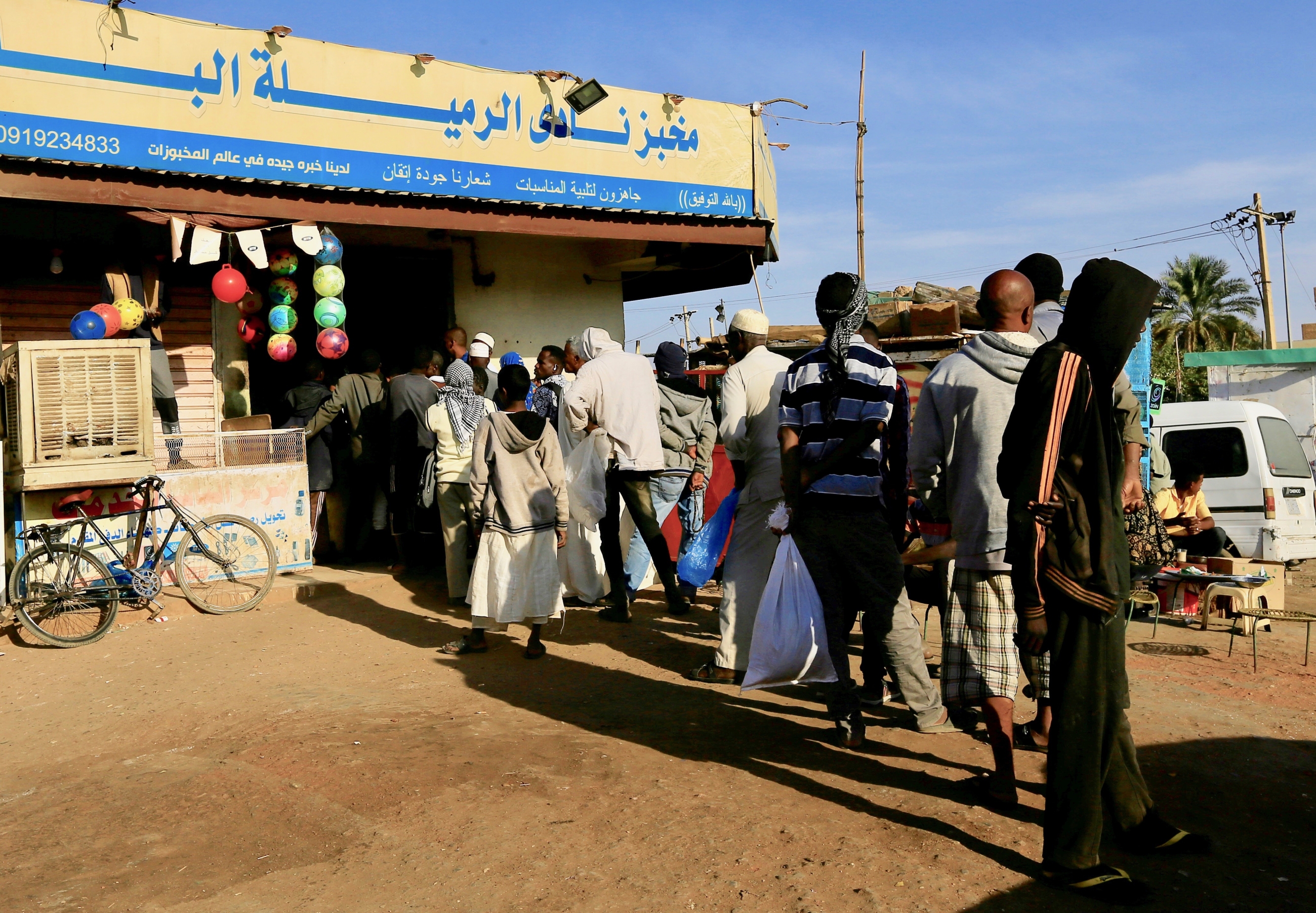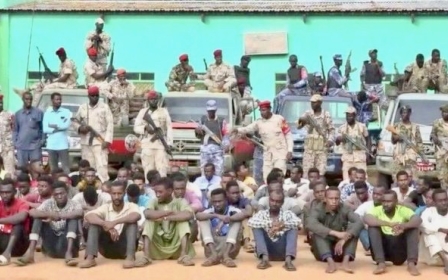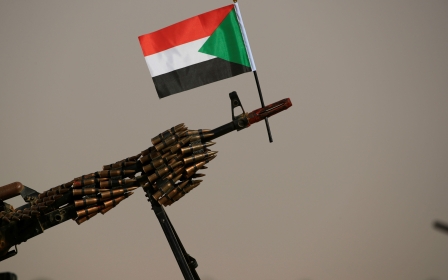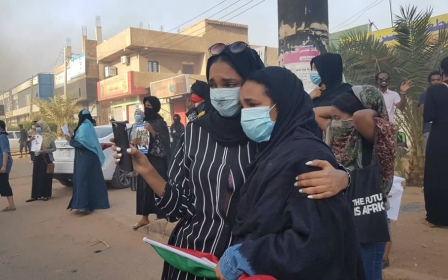Sudan to take control of all state firms, including those owned by security forces

Sudan's finance ministry said on Sunday it will take control of all state companies, including those owned by the security forces, as it works to straighten out the country's faltering economy and open it up to foreign financing.
The measure is part of a 12-month reform package worked out with the International Monetary Fund (IMF) that also aims to reduce fuel subsidies, stabilise the currency and open gold trading to the private sector, Reuters said.
The IMF said last week that it had reached an initial agreement with Sudan’s transitional government on a reform deal to help the African nation face daunting economic challenges that threaten its transition to democracy, even as it battles the coronavirus pandemic, the Associated Press reported.
Tackling the security sector's extensive economic power is seen as one of the toughest challenges of a 39-month transition following a coup last year that ended three decades of rule by Omar Bashir. The military and civilian groups are now running the country in a fragile power-sharing arrangement.
"The Transitional Government will prepare and publish an inventory of all state-owned enterprises, including those overseen by the Ministry of Finance and Economic Planning, other ministries, as well as the security sector," the ministry said a statement on Sunday.
The government will issue decrees within six months ensuring "ownership, complete oversight and transparency over all state-owned enterprises" to avoid political interference and conflicts of interest in the management and oversight of the companies, the statement added.
A Sudanese committee chaired by Prime Minister Abdalla Hamdok approved a plan 10 days ago to liquidate many of the country's 650 state-owned companies and privatise others.
Battered by decades of US sanctions and mismanagement under Bashir, Sudan suffers from high inflation that reached 114 percent in May, foreign debt of almost $60bn and widespread shortages of essential goods including fuel, bread and medicine, AP said.
Daniel Kanda, who led the IMF mission to Sudan, said: “The focus is on reducing fiscal and external deficits to contain inflation, strengthening social programmes to mitigate the impact of adjustment and address the fallout of Covid-19, and improving the business environment and governance.”
Middle East Eye delivers independent and unrivalled coverage and analysis of the Middle East, North Africa and beyond. To learn more about republishing this content and the associated fees, please fill out this form. More about MEE can be found here.




